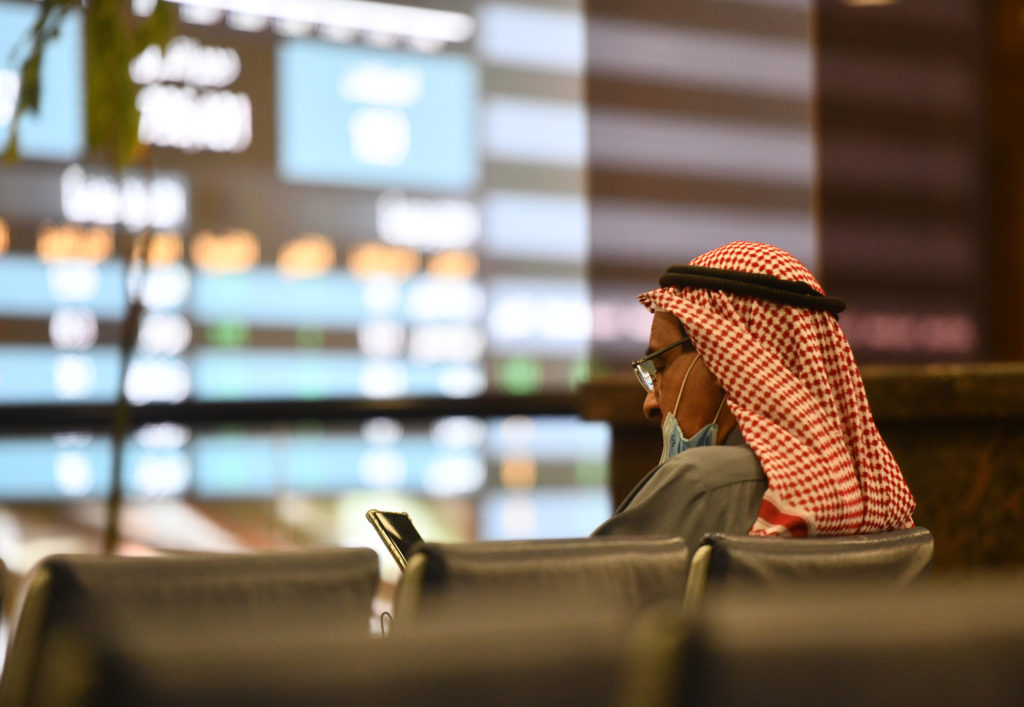São Paulo – Kuwait’s economy is expected to grow over 8% this year, supported by increased oil output, higher oil prices, and sustained improvement in domestic demand. Kuwait is a strong oil supplier. The information was publicized in a report by the International Monetary Fund (IMF) this Thursday (22) after the organization’s mission to the country, which occurred from December 11 to 18 and was headed by economist Yasser Abdih.
After talks with local officials, Abdih said in his report Kuwait’s economic upturn has continued after the COVID-19 pandemic. According to him, strong vaccination efforts and the government’s quick and decisive responses to the COVID crisis allowed the lift of all social distancing restrictions and supported the local economic recovery.
Kuwait’s Gross Domestic Product (GDP) is expected to grow more significantly this year after advancing by 1.3% in 2021 and dropping by 8.9% in 2020. In 2023, economic progress is expected to be moderate, reflecting the slowdown in international demand and oil production cuts, according to an agreement by the Organization of Petroleum Exporting Countries (OPEC+), of which Kuwait is a member.
Abdih claims the country has contained inflation with monetary policy tightening and limited passthrough from higher global food and energy prices, using controlled prices and subsidies. “With higher oil prices and output, the overall fiscal and current account surpluses increased significantly from last year,” the report stated.
According to the IMF, Kuwait has solid bank reserves, prudent oversight, and active monitoring of risks by the Central Bank, which made the financial system withstand well to global shocks. The country’s authorities also continue to implement measures to improve revenue collection and spending efficiency and promote digital transformation, financial technology, and investments in green energy.
The IMF economist stated in the report, however, that the outlook is subject to uncertainties and risks due to the international environment, with possible impacts from the tightening of monetary policy in advanced economies and the slowdown in global economic activity. Volatility in oil prices and production due to external events could weigh on activity and the macroeconomic balance.
Translated by Elúsio Brasileiro




